Applied Learning Programme
Applied Learning Programme
Applied Learning Programme (ALP) at CHIJ Our Lady Queen of Peace
The Applied Learning Programme (ALP) at CHIJ OLQP offers students authentic and hands-on learning experiences that integrate interdisciplinary knowledge and develop critical metacognitive skills. Through initiatives like the STEM in Sustainability programme and Makerspace, students build essential competencies in computational, inventive, and critical thinking.
STEM in Sustainability
Aligned with the United Nations Sustainable Development Goals and Singapore’s Green Plan, STEM in Sustainability engages Primary 3 to 5 students in solving real-world challenges. By applying programming concepts through tools like Micro:bit, students explore innovative solutions while gaining practical skills.
Programme Highlights:
-
Primary 3: STEM in Food Sustainability
Students design a humidity sensor and a self-watering planter to optimize plant growth. This project fosters creative problem-solving skills in addressing food sustainability challenges.
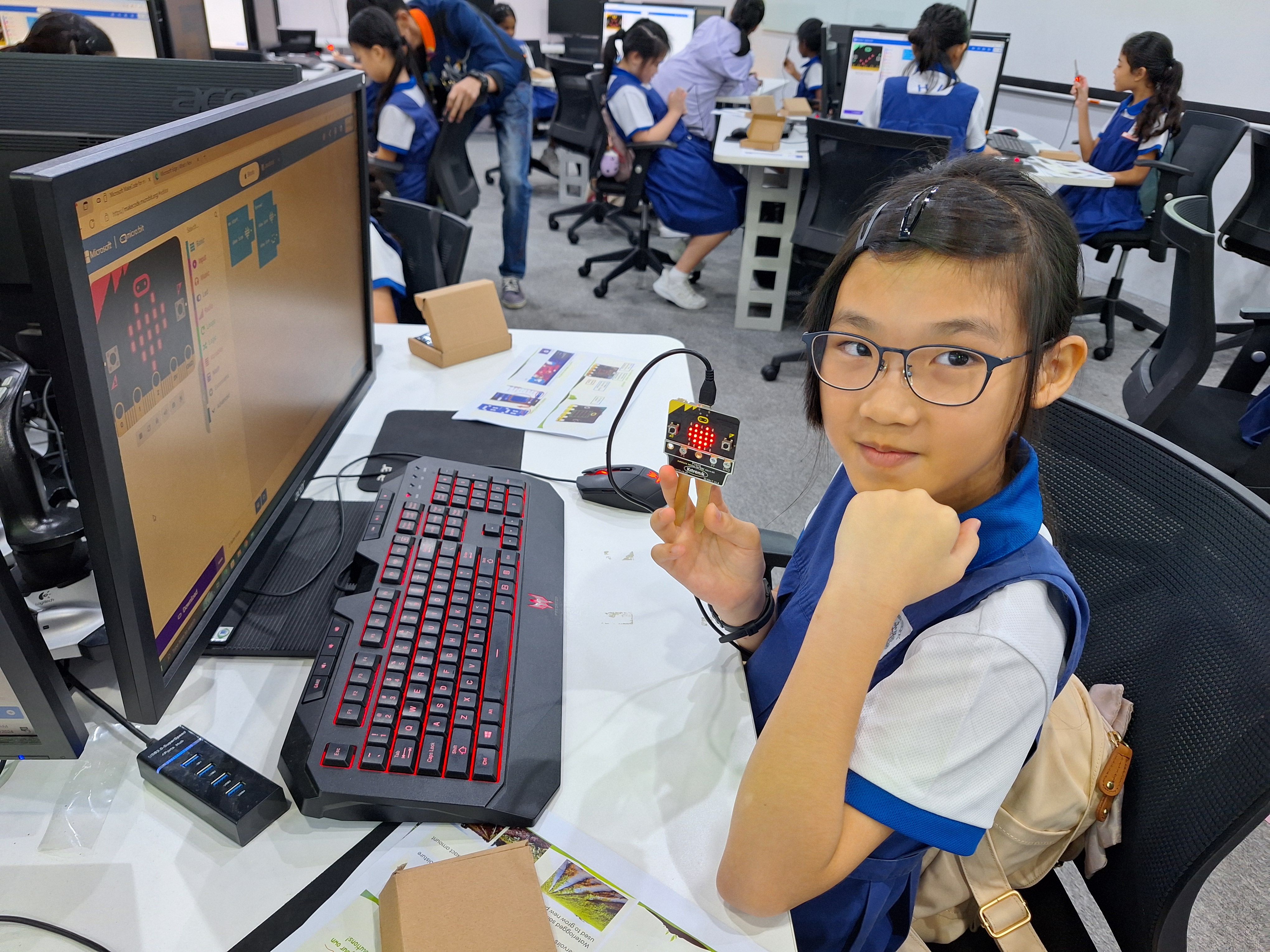
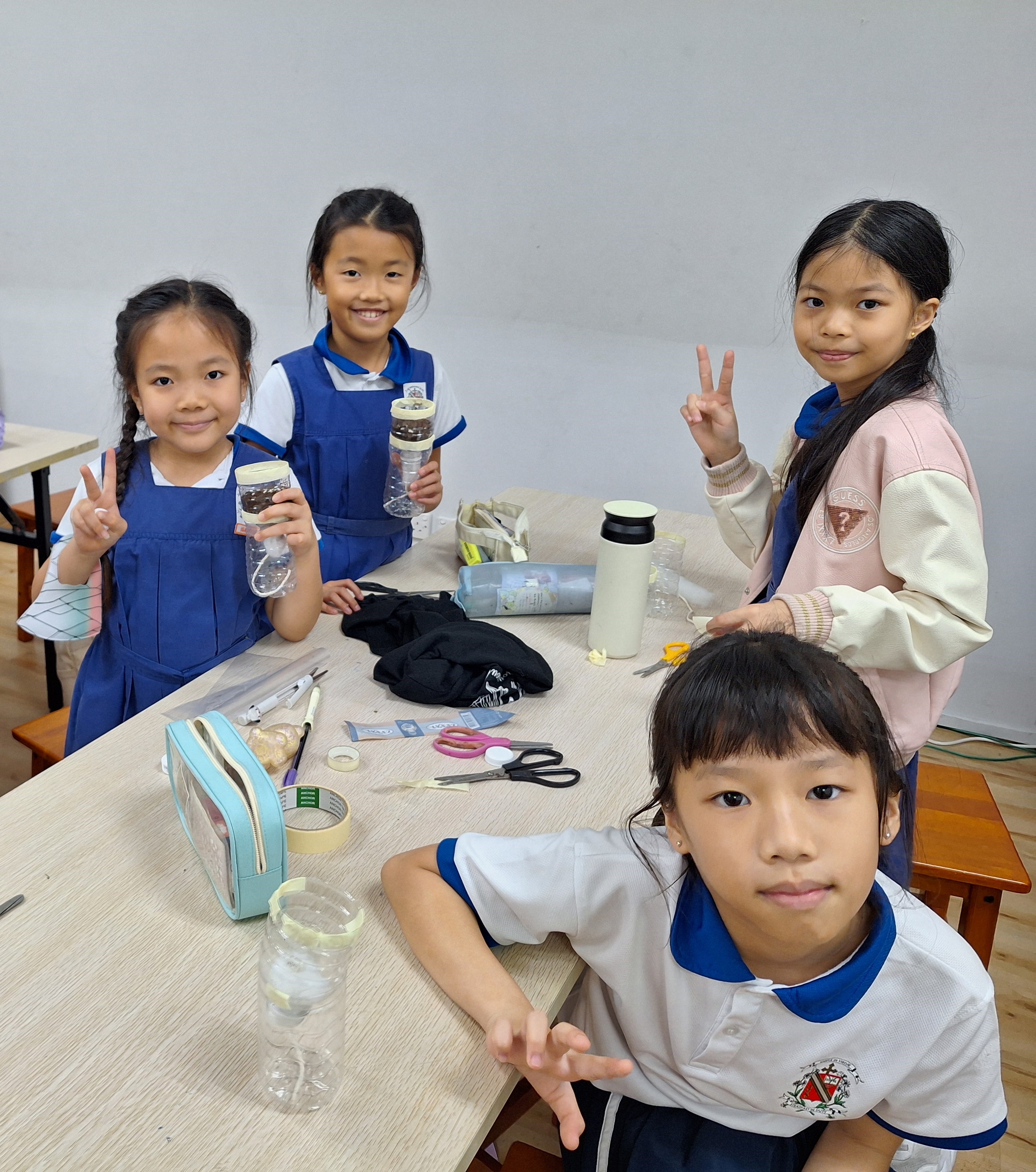
-
Primary 4: STEM in Energy Sustainability
Students explore energy-related issues and reimagine learning spaces to make them more energy-efficient, combining innovation with practical applications for sustainability.
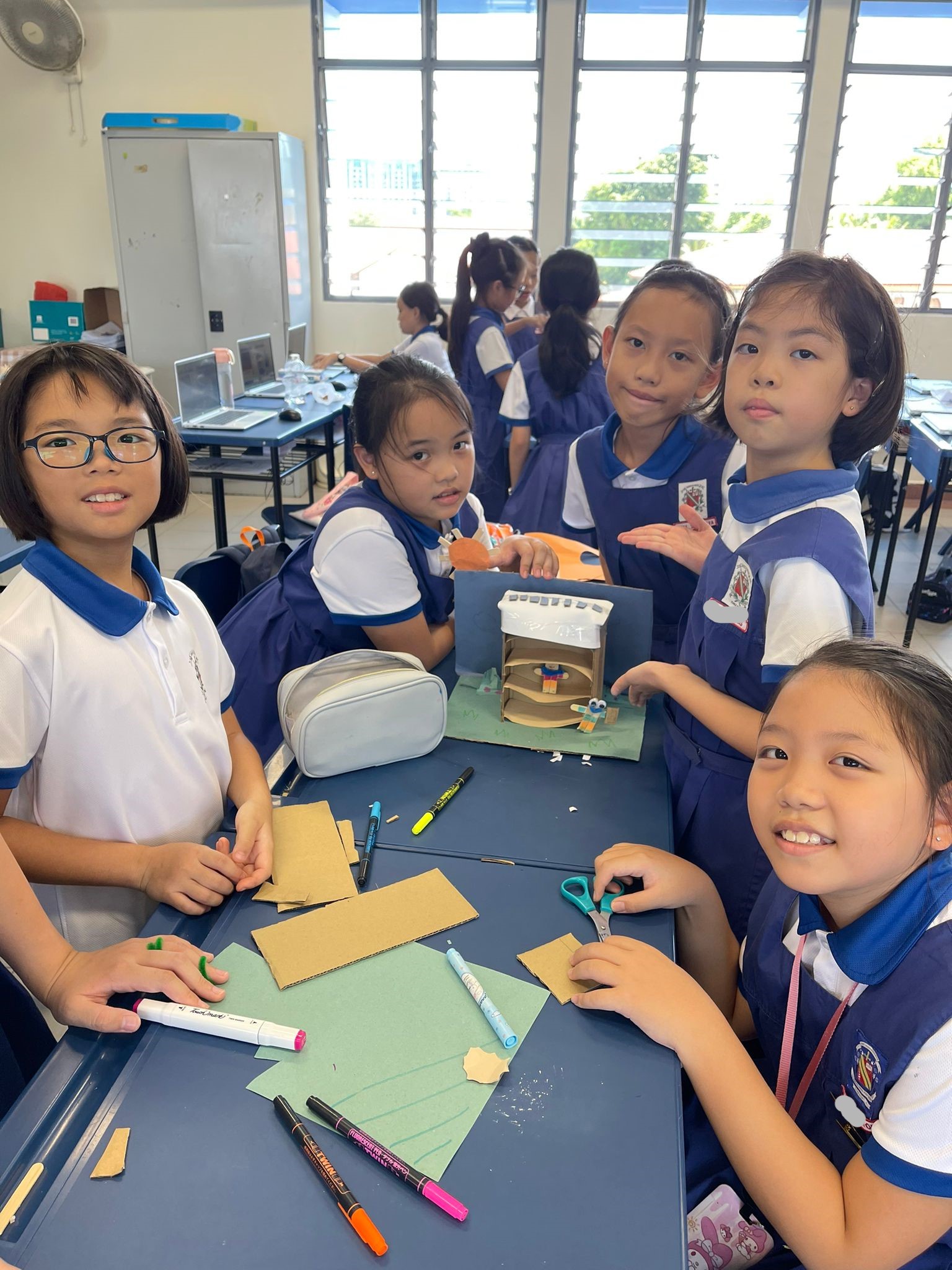
-
Primary 5: Sustainable Cities and Communities
Students develop empathy by understanding the challenges faced by people with physical disabilities. They design prototypes aimed at improving accessibility and inclusivity, cultivating both empathy and inventive thinking.

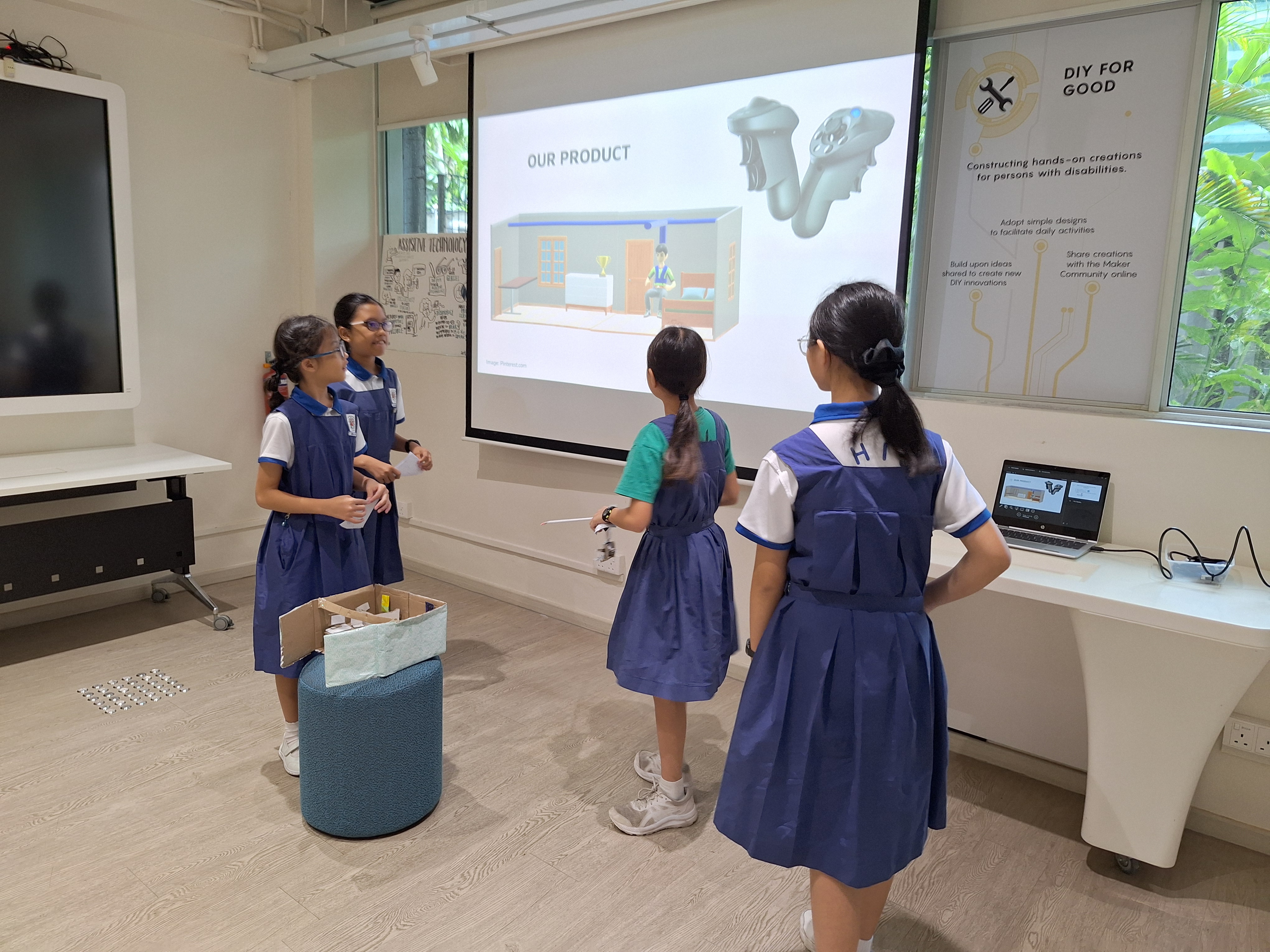
By participating in these programmes, students not only tackle pressing global issues but also develop a lifelong commitment to sustainability and innovation.
Makerspace@OLQP
Maker Education at CHIJ OLQP provides students with opportunities to collaborate and solve problems through hands-on exploration and free play. Makerspace@OLQP offers a dedicated learning space where students can engage in the design thinking process, brainstorming ideas, creating prototypes, and testing their solutions during recess. These exciting activities spark the joy of learning and inspire students to think critically and creatively to solve problems in innovative ways.
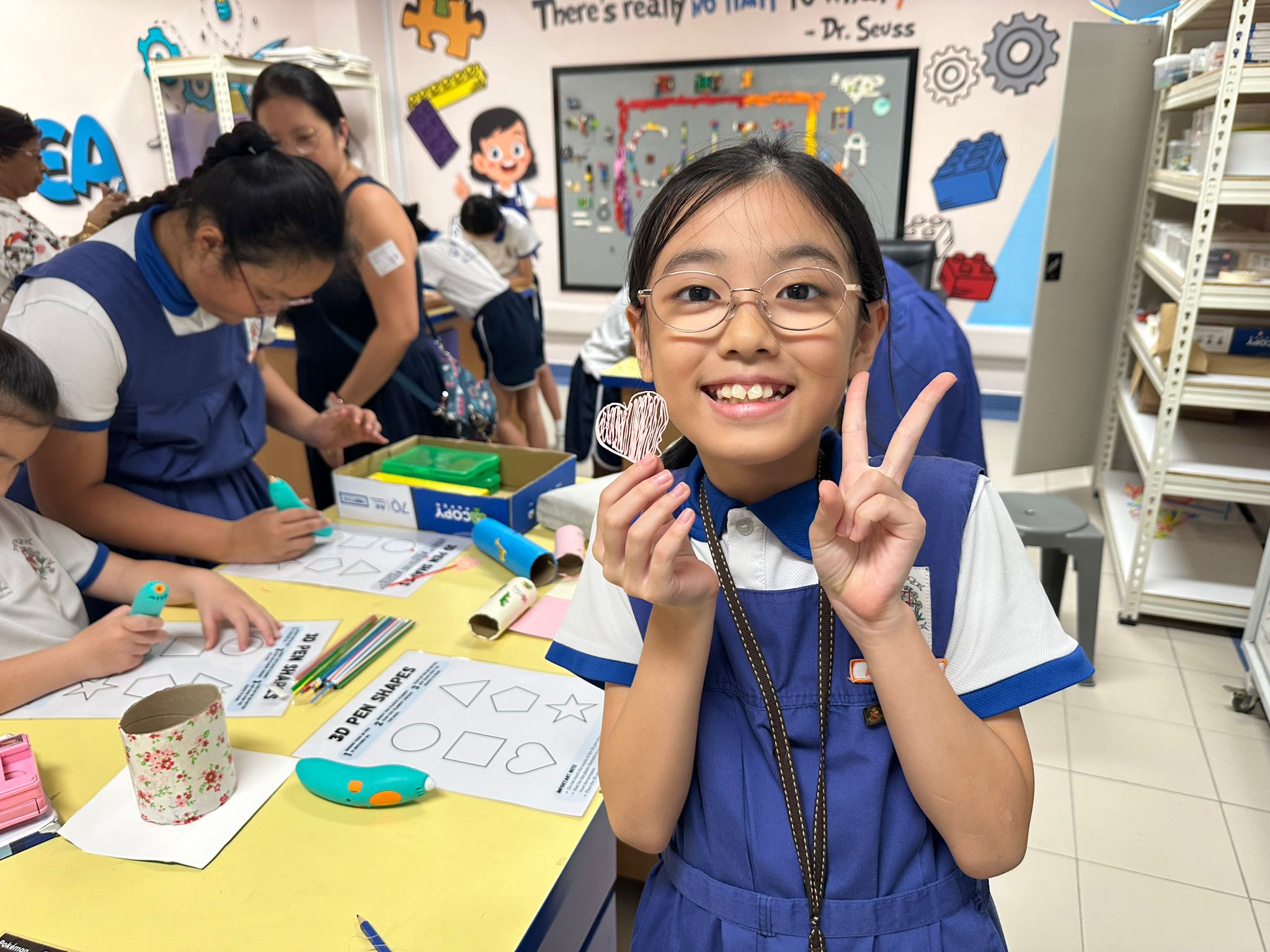
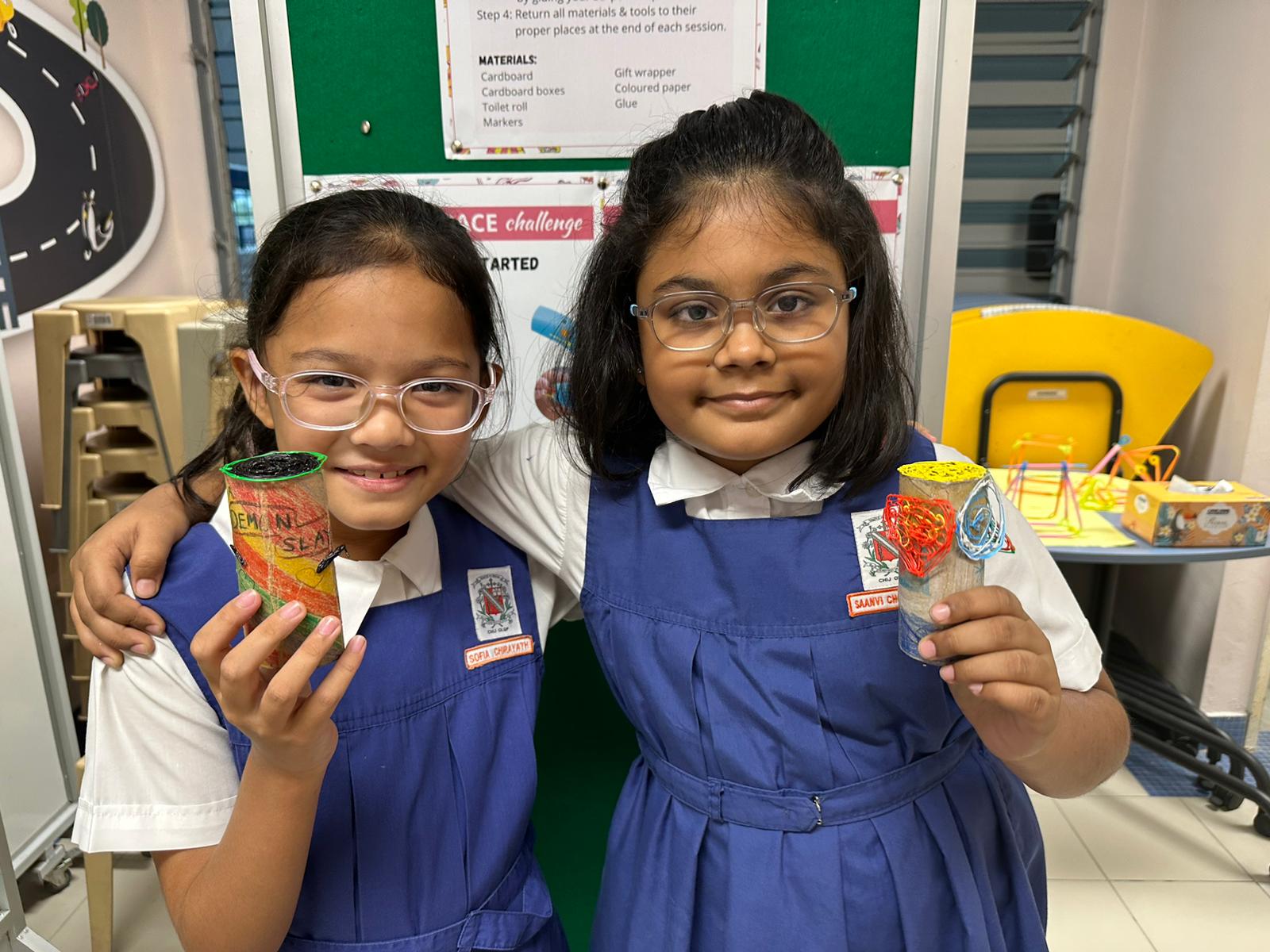
Primary 3 students explored the exciting world of 3D printing, applying their newly acquired skills to create intricate shapes. These designs were used to decorate table organizers they crafted from recycled materials, blending creativity with sustainability.
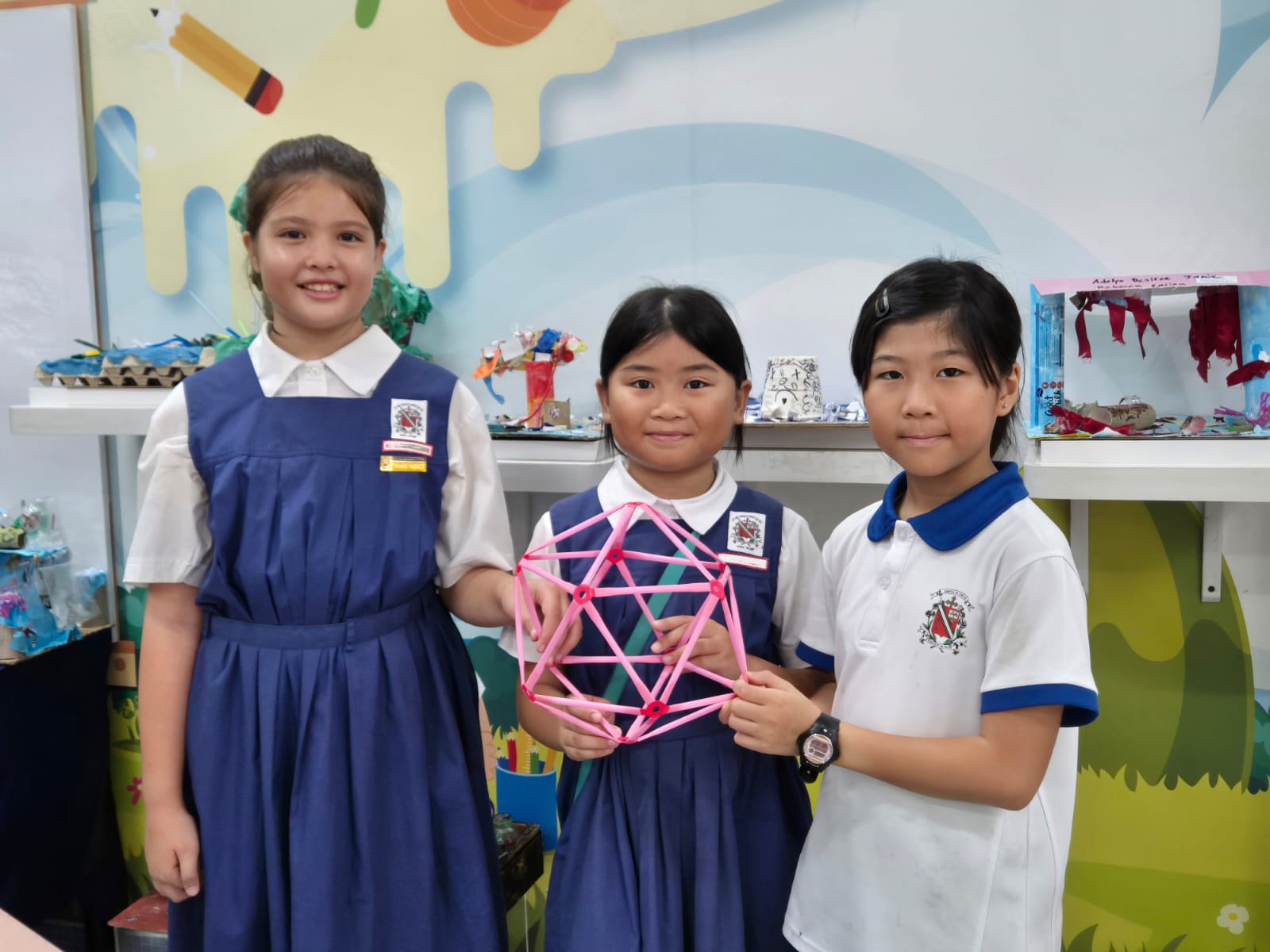
Primary 4 students applied their Math and Engineering skills to design intricate shapes for creative playground models using Strawbees.
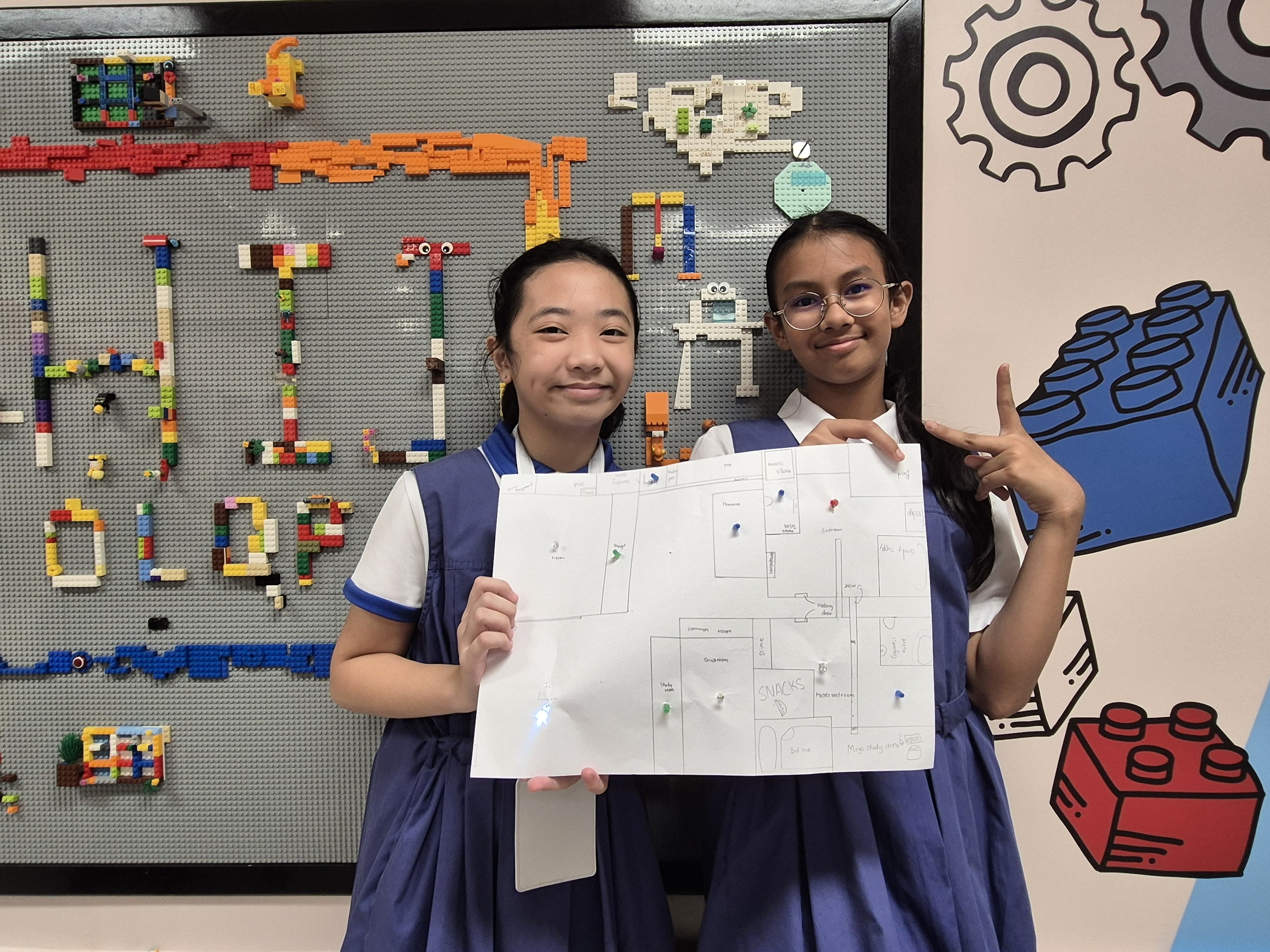
Primary 5 students designed their dream houses using LED lights and conductive tapes, fostering creativity, critical thinking, and collaboration.

